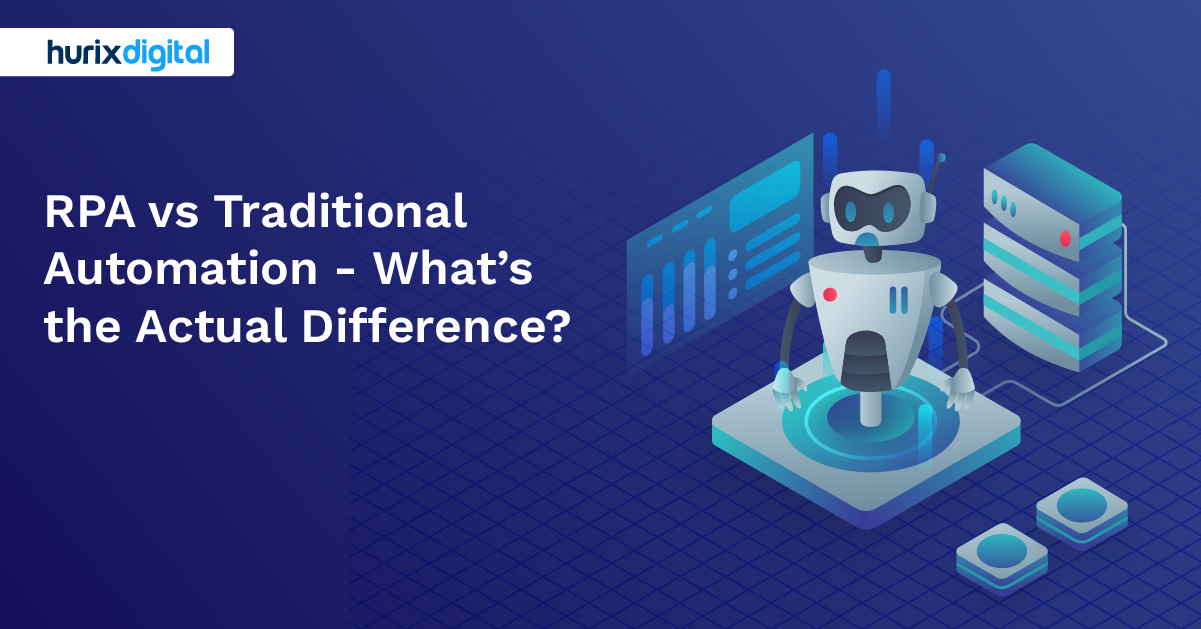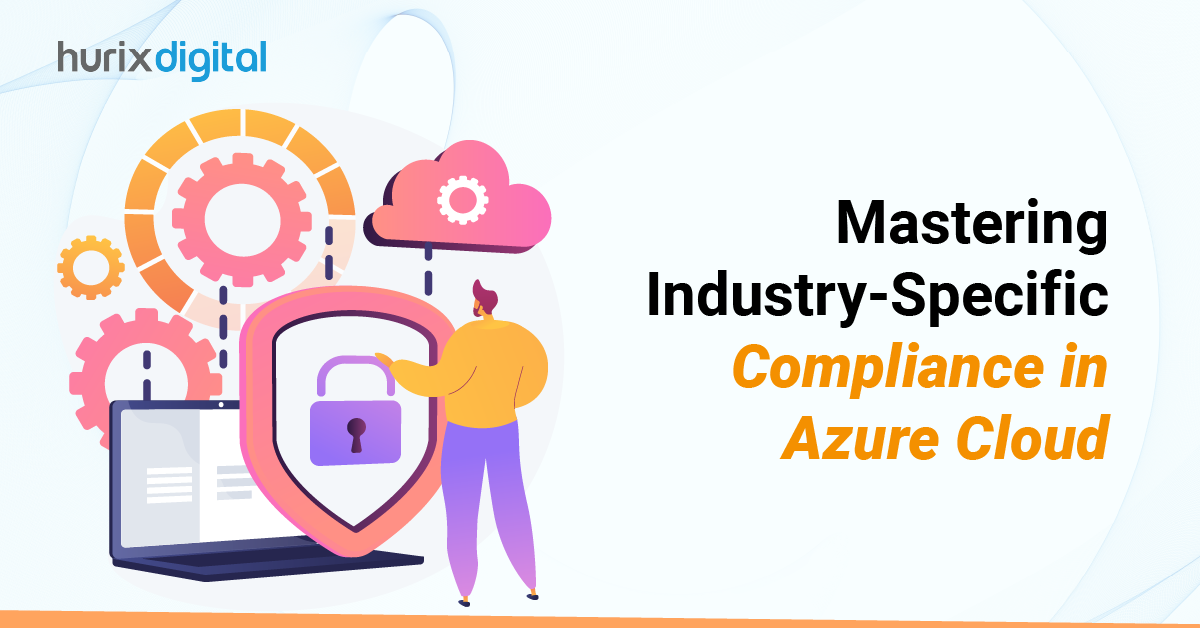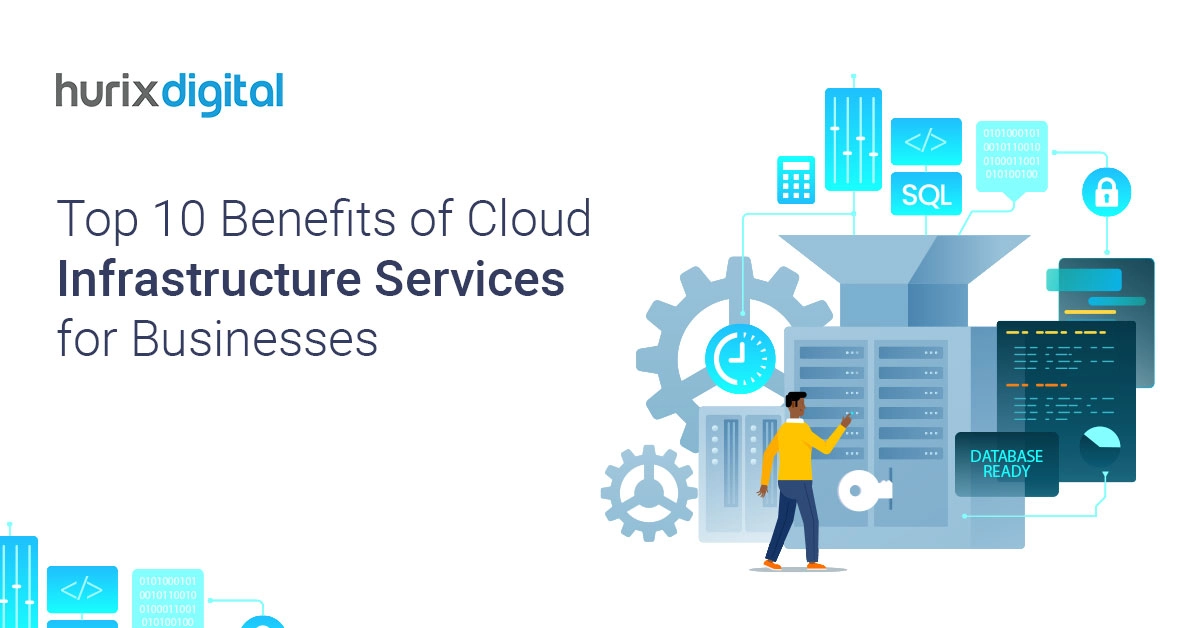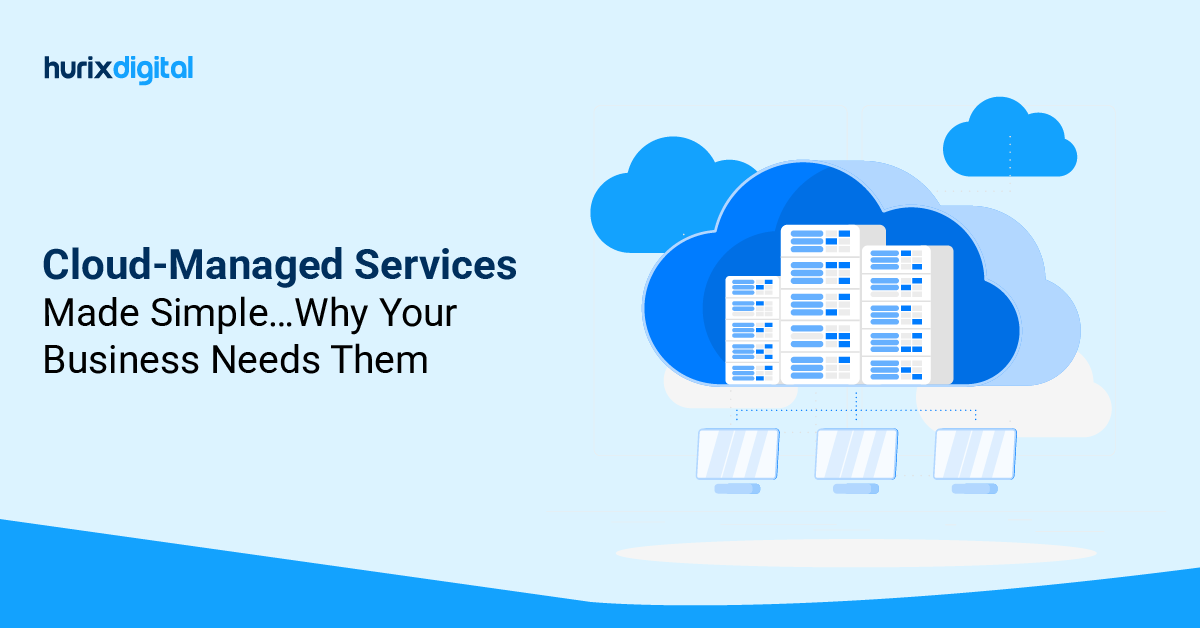
Cloud-Managed Services Made Simple…Why Your Business Needs Them!
Imagine transforming your business operations and slashing costs while staying ahead of the competition. The global cloud-managed services market was already a $121.10 billion industry in 2023. Moreover, it is expected to be worth more than $420.70 billion by 2033.
A compound annual growth rate of 13.26% over the next decade depicts this trend as a fleeting opportunity and a massive wave of innovation and efficiency. Leading the charge, North America successfully dominated the cloud-managed services industry by capturing a 33% market share and reaching $39.96 billion in 2023.
Businesses all over are recognizing this golden opportunity and saving a ton of money by switching to managed services for operations, security, infrastructure management, backup and disaster recovery, and more. Here’s how you can also be a part of this revolution and cut infrastructure costs with cloud-managed services.
Table of Contents:
- Understanding Cloud-Managed Services
- Cloud Security Measures Provided by Cloud-Managed Services
- How Do You End Up Saving Money with Cloud-Managed Services?
- Best Practices for Implementing Cloud Security
- 12 Future Trends of Cloud-Managed Services
- Edge Computing
- Increased Use of Complex and Multiple Environments
- Internet of Things (IoT) in Cloud Management
- AI in Cloud Management
- Enhanced Data Storage Capabilities
- Expansion of Containerization
- Serverless Computing
- Emphasis on Energy Efficiency
- Industry-Specific Cloud Services
- Service Mesh
- Blockchain Technology Integration
- Better Security Measures
Understanding Cloud-Managed Services
Outside specialists offer cloud-managed services to oversee an organization’s cloud infrastructure. These services cover security, monitoring, maintenance, optimization, and support.
Ensuring a strong, safe, and optimally operating cloud infrastructure will free up companies to concentrate on their main areas of expertise.
Key Components of Cloud-Managed Services
The essential components of cloud-managed services include:
- Cloud Monitoring and Management: Cloud management and monitoring is the ongoing observation of cloud resources to ensure availability and the best possible performance. Aspects of monitoring include CPU, memory, and network performance.
- Security Management: Security management involves implementing and upholding security protocols to protect against dangers and weaknesses. This includes firewalls, intrusion detection, and regular security assessments.
- Cost Management and Optimization: Recognizing areas to cut costs and make the most of cloud spending. This includes using pricing and discount schemes and examining consumption trends.
- Disaster Recovery and Backup: This ensures that data is routinely backed up and can be swiftly restored in the case of a catastrophe. Part of this is developing and implementing recovery strategies.
- Compliance Management: This ensures that the cloud environment follows industry practices and the relevant legal requirements through audits and proper documentation.
- Performance Optimization: The optimal performance of the cloud environment is achieved through ongoing adjustment. This can include allocating more resources and putting performance improvements in place.
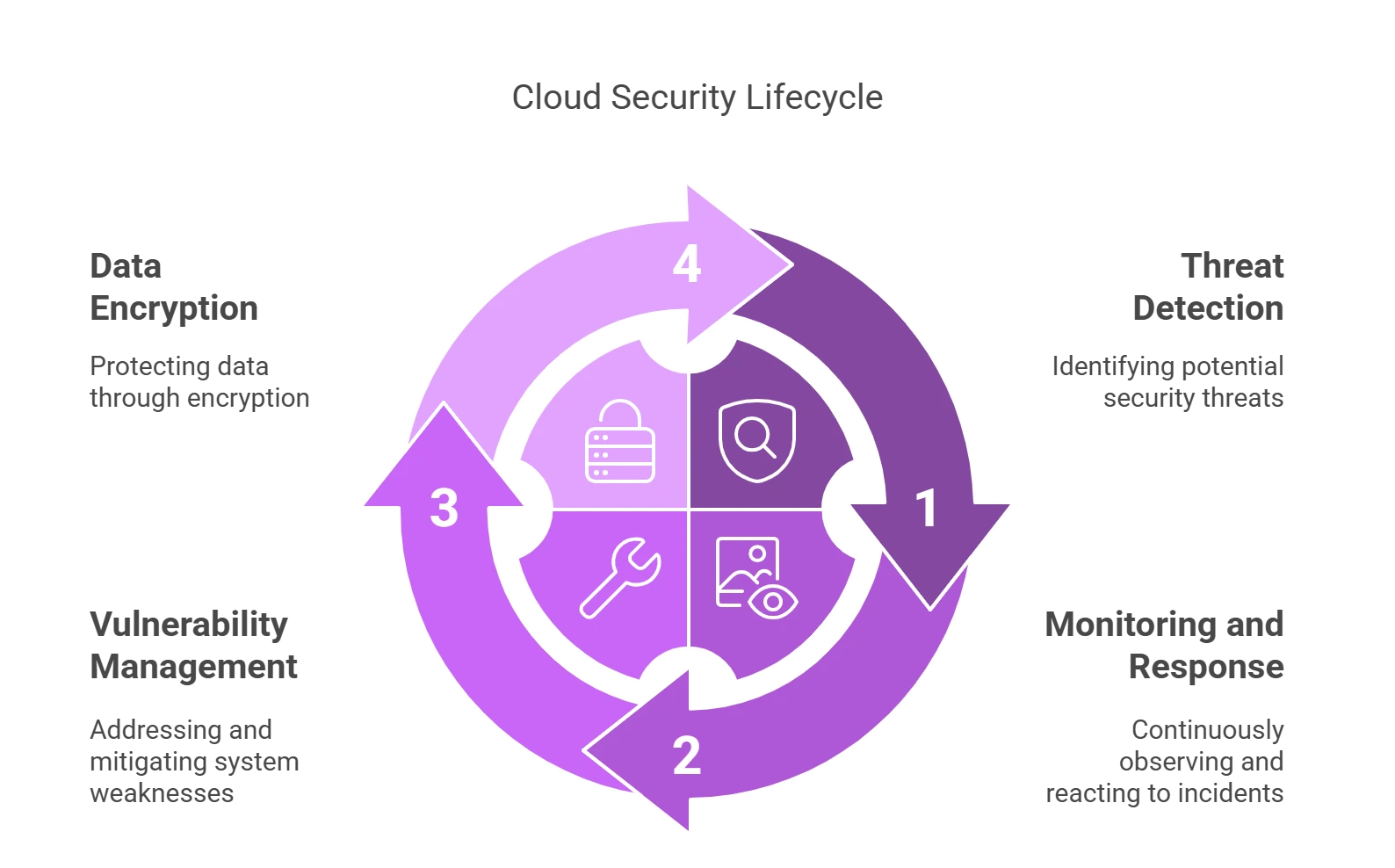
Cloud Security Measures Provided by Cloud-Managed Services
Cloud-managed services provide the following security measures to reinforce the safety of organizations:
1. Advanced Threat Detection and Prevention
Cloud-managed services typically offer advanced threat detection and prevention as part of their cloud security features. Using cutting-edge instruments and technology, such as machine learning and artificial intelligence (AI), these services detect and lessen possible risks before they cause damage.
Businesses that take this proactive tack can lower their risk of data breaches and other security vulnerabilities and keep one step ahead of criminal activities.
2. Continuous Monitoring and Incident Response
Ongoing cloud environment monitoring helps a company detect odd behavior or possible security breaches. Monitoring risks around the clock minimizes the potential impact on the company.
Providers of cloud-managed services are prepared to react quickly and efficiently to a security breach, minimizing harm and offering fast system restoration.
3. Vulnerability Management
Cloud-managed service providers conduct extensive evaluations to find weaknesses in the cloud infrastructure and ensure that all systems are running the most recent security patches. This proactive strategy deters hackers from taking advantage of known flaws to obtain illegal access to a company’s systems and data.
4. Data Encryption and Secure Access Controls
Any company using cloud services should give data protection high importance. Providers of cloud-managed services have implemented strong data encryption techniques to protect private data while it is in transit and at rest. They also impose stringent access restrictions to guarantee that only authorized staff may access important systems and data, preserving a secure cloud environment.
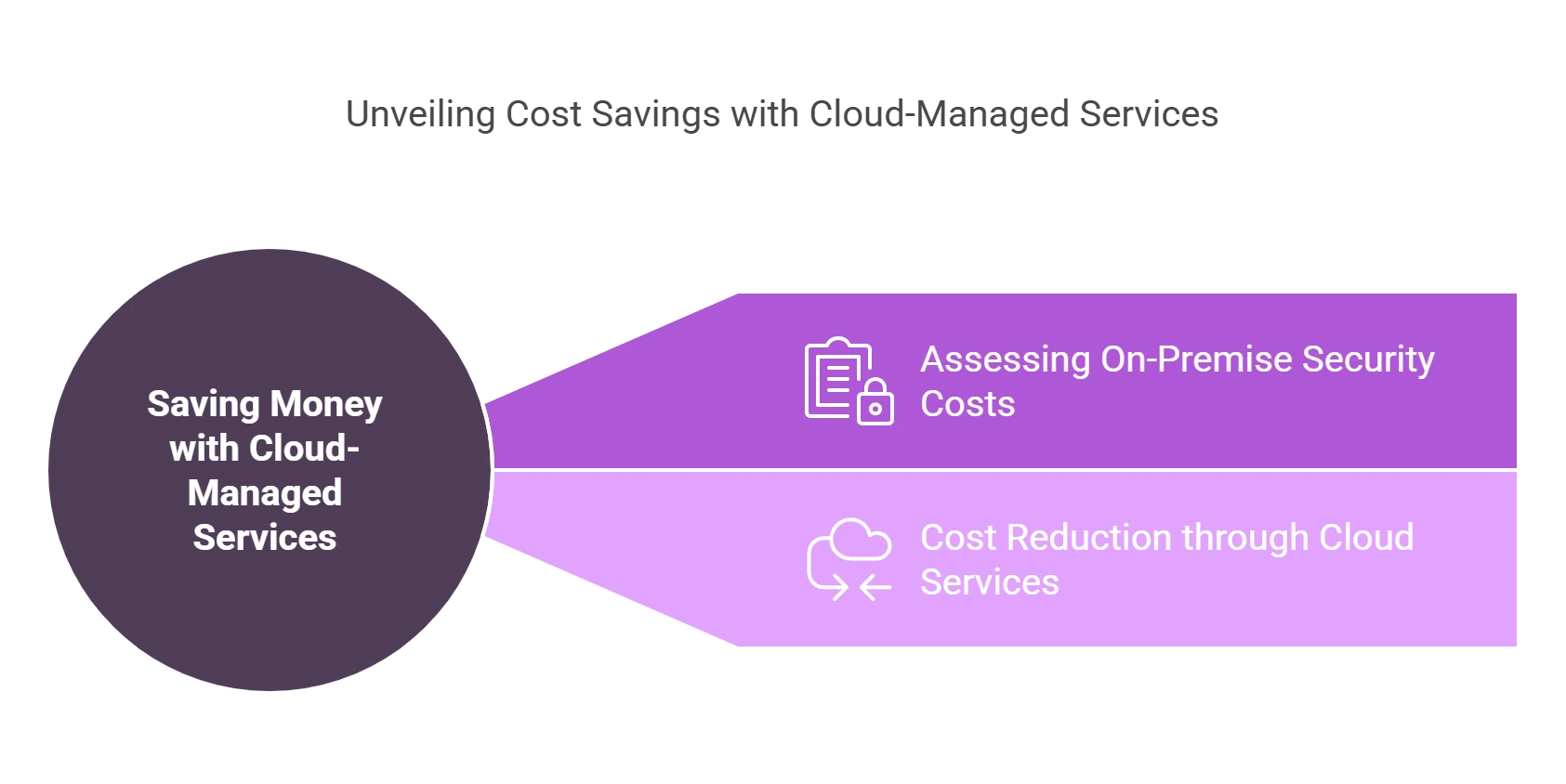
How Do You End Up Saving Money with Cloud-Managed Services?
Even though cloud-managed services are immensely helpful in dealing with business security concerns, these can really help cut down expenses in the future, which could explain why businesses rely on them. But how does this cost-saving take place?
To understand this, we have to examine the cost structure of implementing an on-premise security management system. Only then can we see how cloud-managed services effectively reduce these expenses.
1. Assessing the Costs Involved in On-Premise Security Management
Some of the key costs you might encounter while having an on-premise security management system in place are as follows:
| Hardware and Software | Costs for firewalls, intrusion detection systems, antivirus protection, encryption, etc. |
| Maintenance and Upgrades | Regular upkeep, software updates, and tech compatibility checks consume time and money |
| Personnel Costs | Salaries, benefits, and training for skilled IT security professionals |
| Compliance and Audits | Expenses for meeting industry standards, regular compliance checks, and audits. |
| Physical Security | Costs for access control systems, surveillance cameras, and secure facilities to protect servers and data centers |
| Downtime and Recovery | Costs associated with downtime, data recovery, and potential reputation damage requiring robust disaster recovery plans |
| Insurance | Premiums for comprehensive cyber insurance coverage are exceptionally high for businesses at significant risk of cyber threats |
2. How Does Cloud-Managed Services Cut These Costs?
Sure, cloud-managed services are efficient, but they can even save you from a lot of unnecessary costs. How? Let’s understand.
When you opt for cloud services, the need to invest in expensive hardware and software is automatically reduced. Now everything is under the responsibility of cloud service providers, who supply and maintain the necessary equipment and applications.
Consequently, this saves you from the costs of buying and updating firewalls, intrusion detection systems, or antivirus software. For businesses and organizations, this also means that they don’t have to worry about constantly updating software licenses to ensure compatibility with the latest technology.
Recruiting and training associated IT security personnel could cost considerable money. Outsourcing to cloud-managed services means that a company will have a pool of professionals handling its IT security needs.
The result is that you do not need additional human resources to employ, which is a great relief considering the cost of salaries, allowances, and training. Also, you do not have to manage human resources while you continue to have the best talents in cybersecurity assist you.
According to a recent report, unplanned downtime now charges Fortune Global 500 companies an astonishing 11% of their yearly turnover, which is roughly $1.5 trillion. You definitely don’t want to face that kind of loss for your business. That’s why switching to cloud-managed services is crucial.
Cloud-managed services offer solid disaster recovery and business continuity plans. As a result, your data is backed up and can be swiftly restored in case of a breach or failure, reducing downtime and its associated costs.
Protecting physical servers and data centers is challenging and requires much time, money, and effort. It includes implementing an access control system and surveillance cameras.
That said, with cloud-managed services, you no longer need to invest heavily in physical security measures at your own location. It’s a straightforward way to save money on security infrastructure while keeping your data safe.
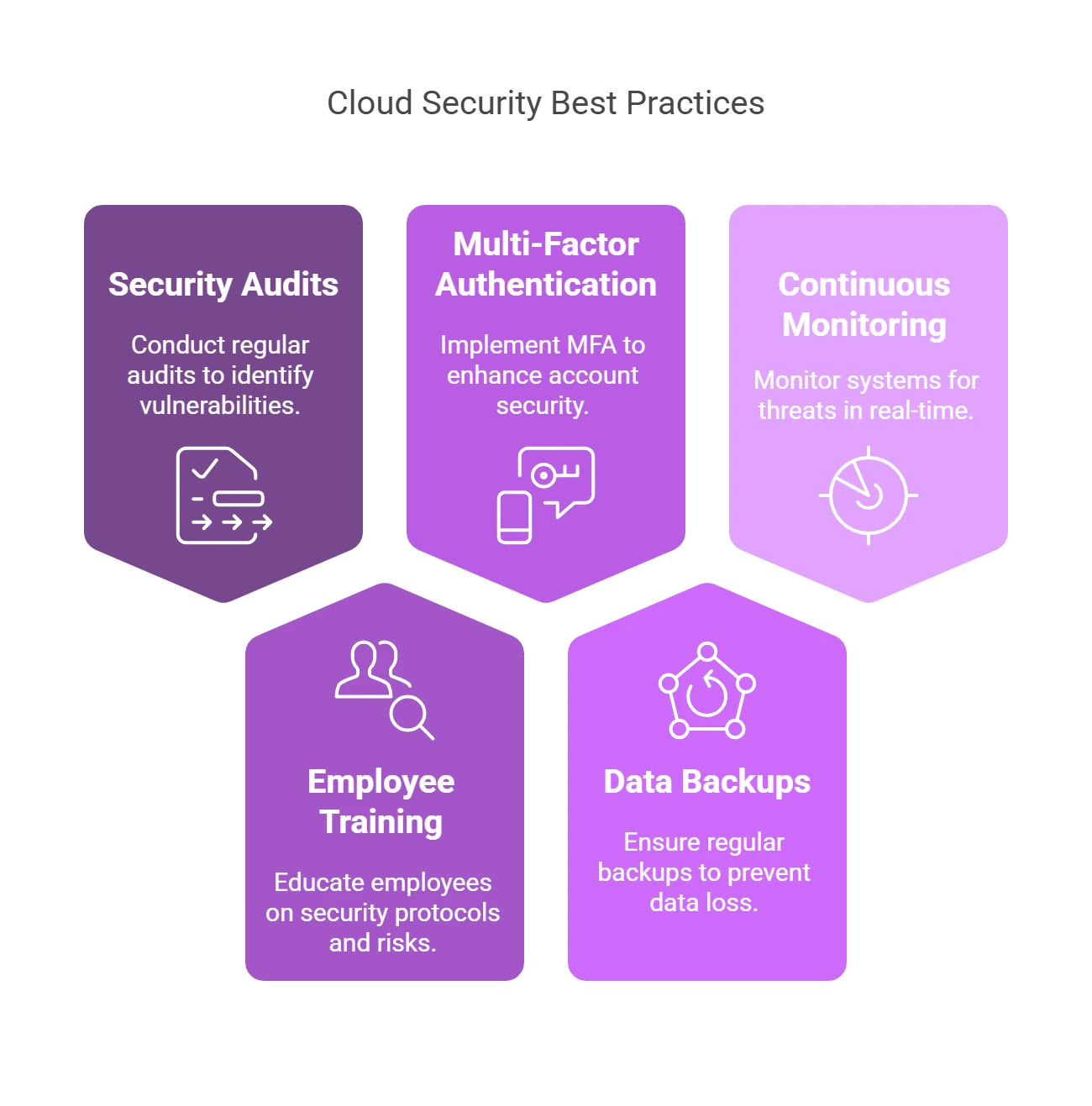
Best Practices for Implementing Cloud Security
Businesses that want to make full use of cloud-managed services also need to follow cloud security best practices. These include:
1. Regular Security Audits and Assessments
Routine security audits and assessments must find potential vulnerabilities in the cloud infrastructure. These evaluations can be carried out, and cloud-managed services companies can produce comprehensive reports with suggestions for enhancing security measures.
2. Employee Training and Awareness
Human error is a leading cause of security breaches. Businesses that wish to impart to their employees the need for cybersecurity and the best practices for maintaining a safe cloud environment need to fund training and awareness initiatives regularly.
3. Multi-Factor Authentication (MFA)
By making users present many forms of identity before accessing important systems and data, multi-factor authentication (MFA) adds an additional level of protection. Suppliers of cloud-managed services can assist companies in putting MFA into place to improve their security position.
4. Regular Data Backups
Business continuity in the case of a security breach depends critically on routine data backups. Providers of cloud-managed services provide frequent backups of data and fast restoration of it in case of need.
5. Continuous Monitoring and Threat Intelligence
Maintaining efficient cloud computing security requires staying current on the newest threats and weaknesses. Suppliers of cloud-managed services provide threat intelligence and ongoing monitoring to keep companies aware of and safe from new risks.
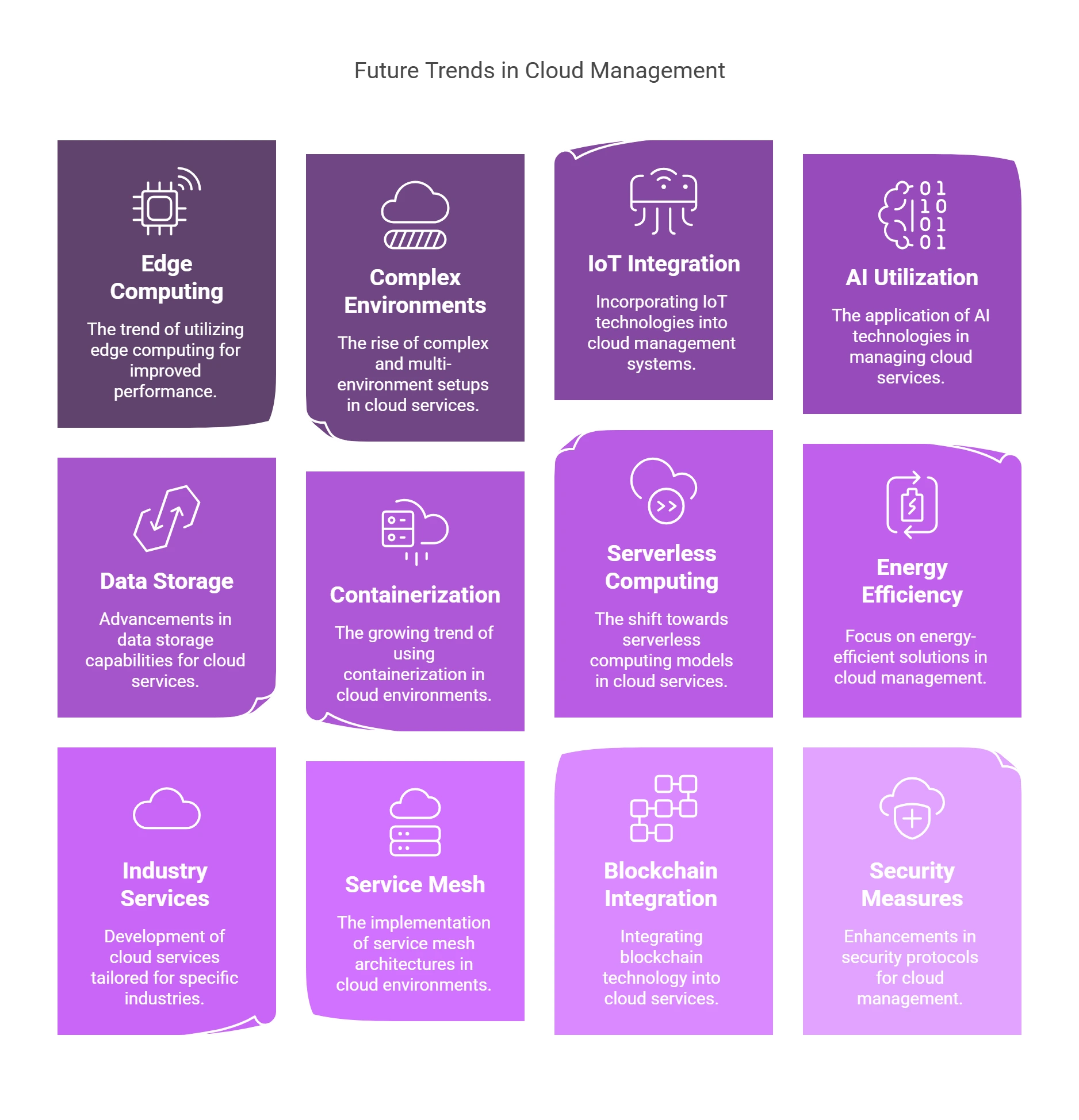
12 Future Trends of Cloud-Managed Services
Cloud-managed services have become a very popular area of IT services that is growing rapidly.
Here are the top trends and predictions for 2025:
1. Edge Computing
The emergence of business intelligence and the need for real-time insights will push for the uptake of edge computing. Deploying edge computing will reduce latency and the time it takes to process data.
In other words, it will point to increased latency reduction, a better, personalized experience, and advancements in data processing. This development will improve data security and business operations, making it an essential part of any future cloud management solution.
2. Increased Use of Complex and Multiple Environments
As enterprises understand the need for using multiple cloud vendors, the trend toward using hybrid and multi-cloud models will increase. Multi-cloud will see massive adoption as organizations continue to integrate more public and private clouds to enhance their performance and security.
When considering this trend, it becomes possible to integrate various cloud services more fluidly. This approach reduces the risk of being captive to specific vendors and improves business resilience and operational efficiency.
3. Internet of Things (IoT) in Cloud Management
In this world of smarter devices, IoT devices are increasingly being integrated into businesses. With the increasing sales of IoT devices, a large amount of data will be produced.
This is where cloud-managed services will become fundamental for handling the large amounts of data streaming from these devices.
Advancements in cloud storage and computing will be critical to the future development of IoT technologies. This will facilitate high growth rates and the safe functioning of the system.
4. AI in Cloud Management
AI and machine learning will become the next big features in cloud-managed solutions. They are expected to automate jobs, add layers of security, and provide real-time predictions of possible fraud.
This integration will enable organizations to operate efficiently, thereby reducing expenses incurred. It will foster improved performance and increased solutions related to the cloud service.
5. Enhanced Data Storage Capabilities
Ever-rising data storage needs will compel organizations to opt for higher levels of cloud-managed services. These services will provide affordable storage capacity that will grow with the escalating use of virtual platforms.
Additionally, these services will enable businesses to efficiently manage and scale their data storage requirements without requiring extensive on-premises infrastructure investments.
6. Expansion of Containerization
Kubernetes and Docker will be the main technologies that will help the growth of cloud-native applications. This trend will make the deployment and scaling of applications faster and cheaper, thereby increasing efficiency in hybrid cloud computing management.
Additionally, containerization allows for easier management and portability of applications across different environments, reducing dependency on specific infrastructure and enhancing flexibility.
7. Serverless Computing
A growing trend will emerge from serverless computing, which goes against owning or maintaining physical servers. The concept of outsourcing applications to a host will come into prominence.
This approach makes it easier to deploy applications, cuts costs and ensures smooth infrastructure. It’s no wonder it is widely used today among businesses.
8. Emphasis on Energy Efficiency
There will be a shift in focus towards energy-efficient data centers, and sustainability will be a strategic focus area for cloud providers. This transference aims to increase environmentally conscious practices while maintaining cloud service dependability and affordability.
9. Industry-Specific Cloud Services
Cloud solutions will become even more customized to deal with industry-specific services like the finance industry, healthcare services, and manufacturing industries. These specialized services will target efficient and innovative solutions to sector-specific issues.
10. Service Mesh
Service Mesh technology will complement cloud services by enabling the isolation of different services. This will make the services efficient, hackproof, and scalable.
Though this technology is still in its infancy, it’s on the way to becoming one of the strongest trends in cloud security managed services.
11. Blockchain Technology Integration
Implementing blockchain technology will improve the scalability and security of cloud-managed services. Such integration shall guarantee the security of data storage and computation, hence clearing doubts and encouraging the use of cloud solutions.
Additionally, blockchain technology will ensure transparent and secure transactions within distributed cloud networks, further enhancing trust and data integrity.
12. Better Security Measures
Enterprises will integrate complex security features driven by artificial intelligence and adaptive machine learning functionalities into cloud-managed services. New measures like improved threat identification, access control, and data encryption techniques will help counter emerging cyber risks.
Wrapping Up
Companies need to implement proactive, all-encompassing security measures as cyberattacks become more advanced to safeguard their data and maintain a competitive advantage.
Cloud-managed services provide companies access to cutting-edge security solutions, knowledgeable management, and ongoing monitoring—a potent substitute for improving cybersecurity. By utilizing these services and following the best practices for cloud security, companies can build a secure cloud environment that protects their assets and builds client confidence.
Cloud-managed services will become an essential component of the digital ecosystem as organizations continue to increase their dependence on the cloud. Adopting the abovementioned trends will help companies flourish and sustain themselves in the volatile world of the future.
At Hurix Digital, our experienced cloud professionals utilize cutting-edge infrastructure to help businesses transform their cloud applications and migrate from legacy systems to cloud-based platforms.
We guarantee tight security in multi-cloud environments, flexibility, operational excellence, and increased speed. Our solutions are designed to ‘play well with others’ when it comes to integrating with any emerging technology, including AI and ML.
Connect with us today to learn more!

Vice President and Strategic Business Unit Head – Cloud Services
A top technology management voice on LinkedIn with 20 Years of experience in Information Technology, Cloud Services, Digital Transformation, Application Modernisation, Managed Services, IT Security Engineering and Operations Management. An avid technology Leader, Leadership Speaker, Author & Coach.
